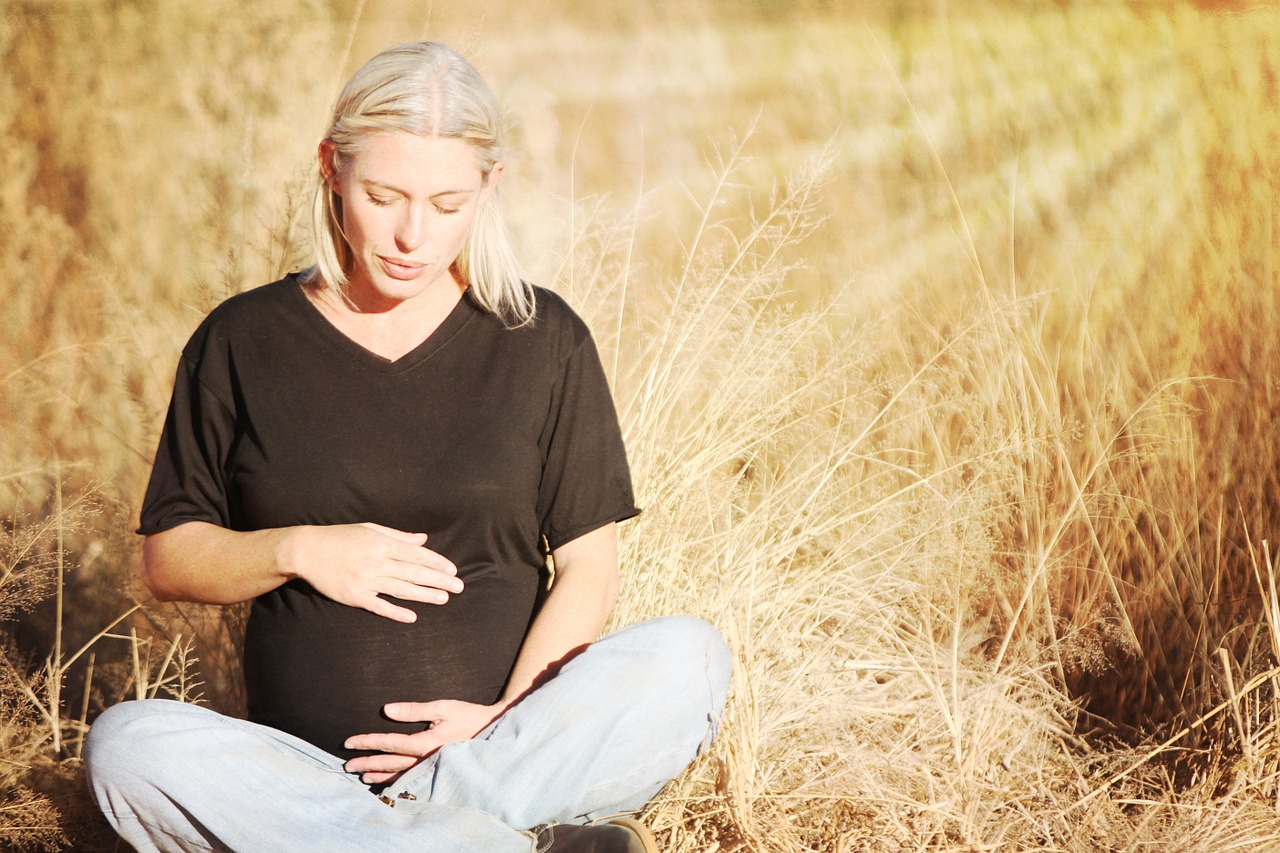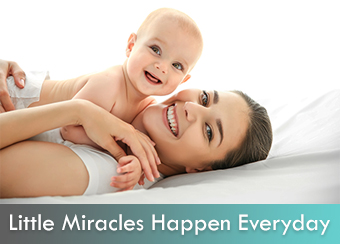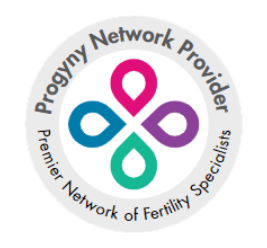Breast cancer is the most common malignancy among women worldwide. The hormones estrogen and progesterone each influence breast tissue. Therefore, since fertility treatments involve the use of medication that can increase ovarian production of these hormones, there has been concern that these treatments could possibly increase the long-term risk of a woman developing breast cancer.
REASSURING RECENT IVF STUDY 
A study from the Netherlands (3) published in July, 2016, included 19,158 women who started IVF treatment between 1983 and 1995 (IVF group) and 5,950 women starting other fertility treatments between 1980 and 1995 (non-IVF group) from all 12 IVF clinics in the Netherlands. 96% of patients were followed through December, 2013.
There was no increase in risk of breast cancer with IVF as compared to women who had other non-IVF fertility treatment and neither group had a higher risk than the general population. The cumulative incidence of breast cancer at age 55 years was 3.0% for the IVF group and 2.9% for the non-IVF group. Average age of all patients at start of treatment was 32.8 years and average age at the end of follow-up was 53.8 years for the IVF group and 55.3 for the non-IVF group.
The significance of this study is that it followed many women for a long period of time (median follow up time was 21 years). The risk of developing breast cancer did not increase with the duration of time from the onset of treatment and breast cancer risk decreased with increased number of IVF cycles. Average number of cycles for each IVF patient was 3.8, though some had more than 7 cycles. This impressive large study published in 2016 is very reassuring and corroborates previous studies.
A study from Israel (1) published in 1999, examined medical files of 1197 women treated for infertility. Average follow-up time was 17.9 years. 780 of these women were treated with fertility medications and 417 were not. There was no evidence of increase in breast cancer in the women who received medication as compared to those who did not and there was also no difference in the incidence of breast cancer in either of these groups as compared to the general population. This study, though reassuring, did not look specifically at IVF treatment.
Another study published in 1999 (2), this one from Australia, followed 20,656 women who had taken fertility medications and had undergone IVF. Median follow-up time was only 7 years in this study but reassuringly, there was no greater occurrence of breast cancer in these women than expected from general population incidence rates.
There are many factors that can influence a woman’s risk for developing breast cancer, including genetic predisposition, obesity in post-menopausal women, hormone therapy in menopause, among others. Therefore, though each individual woman’s chance of developing breast cancer in her lifetime is different, it is reassuring that as of this date, it does not appear that IVF fertility treatment increases this risk.
References:
- Potashnik, G. et al. Fertility drugs and the risk of breast and ovarian cancers: results of a long-term follow-up study. Fertility and Sterility 1999; 71:853-59.
- Venn, A. et al. Risk of cancer after use of fertility drugs with in-vitro fertilisation. The Lancet 1999; 354:1586-90.
- van den Belt-Dusebout, A. et al. Ovarian Stimulation for In Vitro Fertilization and Long-term Risk of Breast Cancer. JAMA 2016: 316:300-12.




